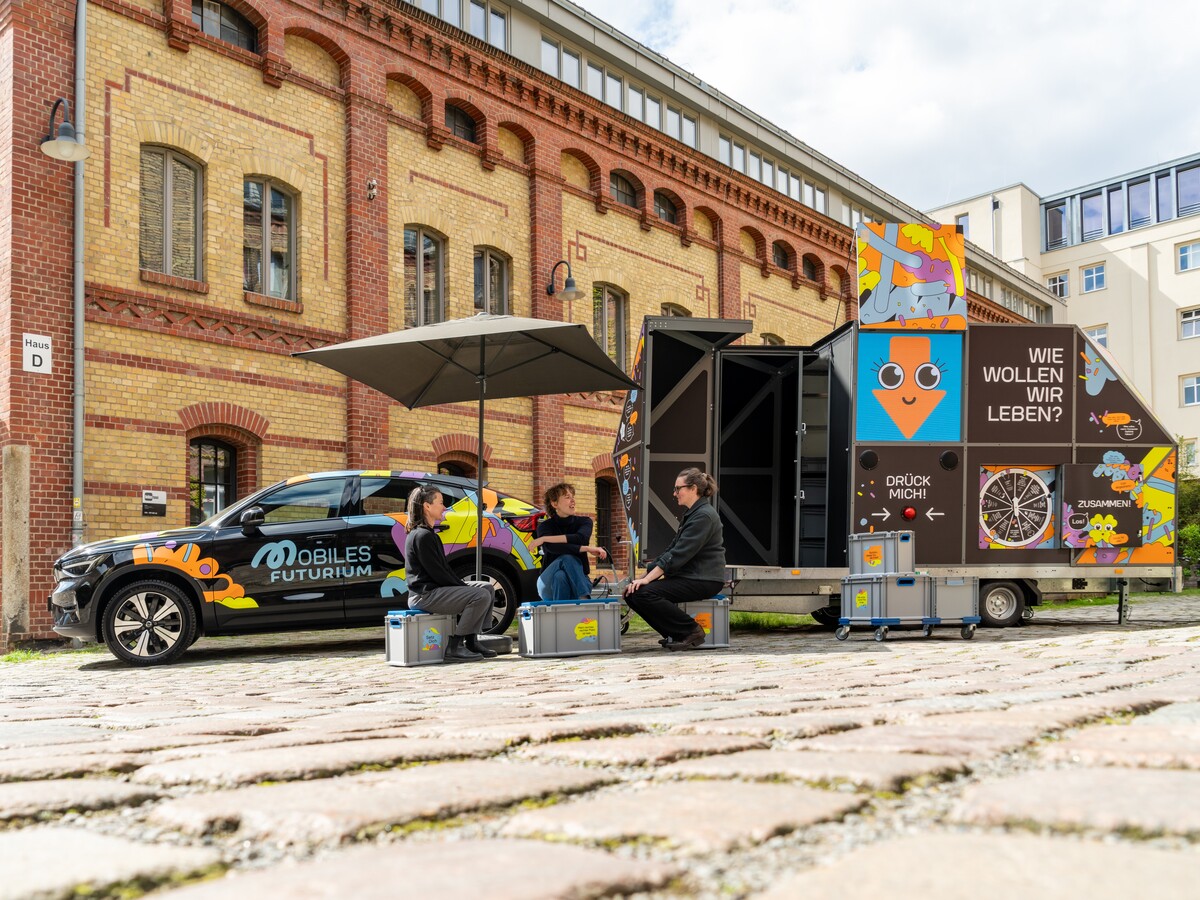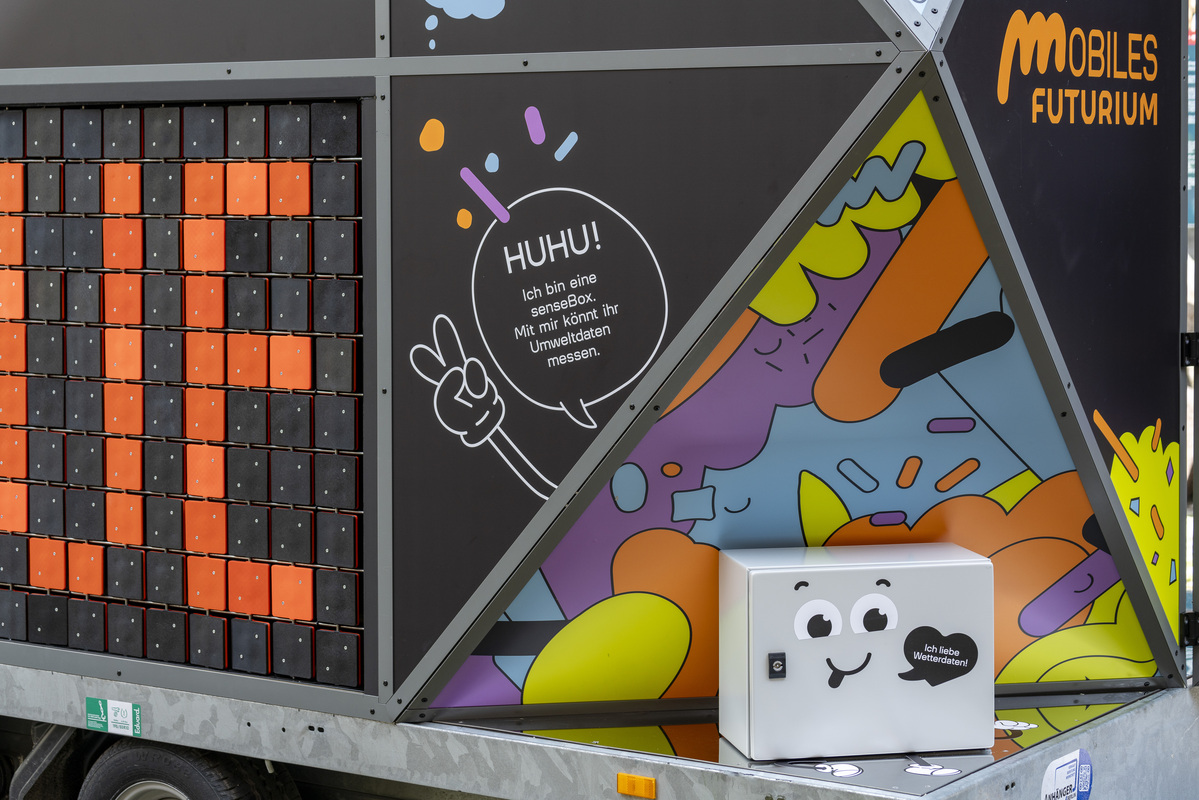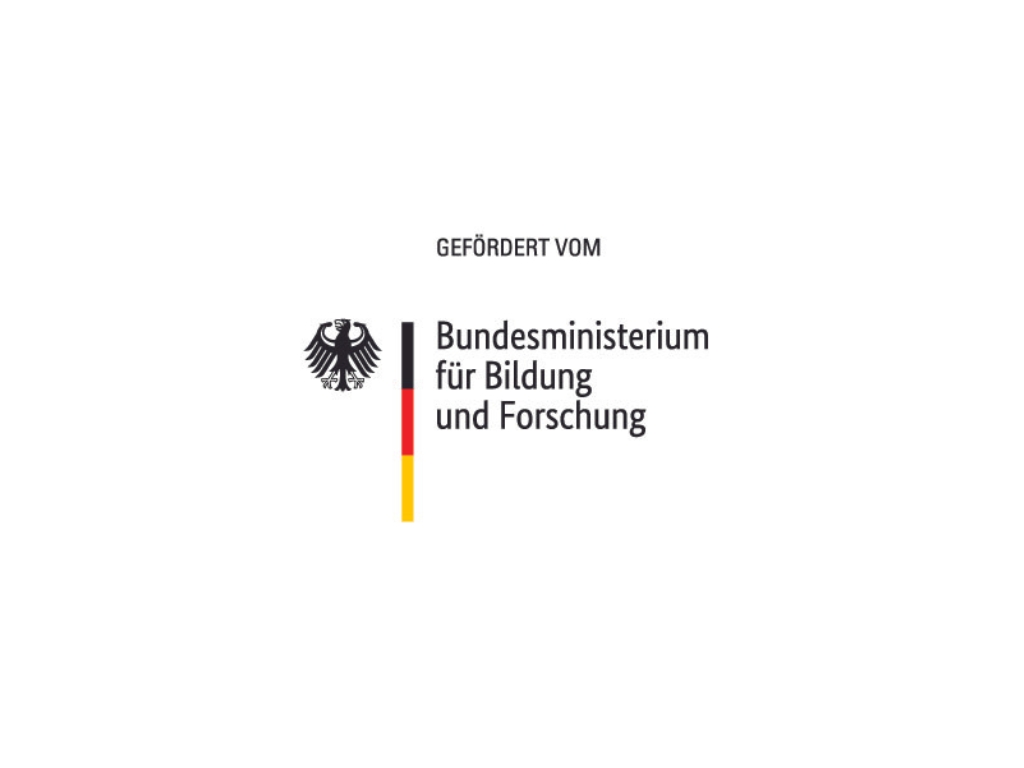Future skills for young people
How could a good life for current and future generations look like? And what role do technologies play in this? To be able to answer these questions for themselves, young people and those who educate them need the ability to actively think about the future – in short: “futures literacy.”
An offer for learners and teachers
This is where the “Mobile Futurium” project comes in. With its new mobile hands-on space, the Berlin-based Futurium wants to help to establish future skills in schools. The focus is on pupils who are particularly affected by future developments due to their age and are also the decision makers of tomorrow. It also supports teachers who are key players in imparting future knowledge and the use of new technologies. In the coming years, the mobile Futurium will visit numerous schools in rural areas.
ITAS takes a closer look at the impacts of the project
As a project partner, ITAS investigates whether and how this provides impetus for future skills. “We want to reflect on the use of the mobile Futurium from the perspective of technology assessment and education for sustainable development,” says Marius Albiez, project head at ITAS. “We are particularly interested in which future topics are considered relevant by pupils and teachers,” Albiez continues.
The ITAS researchers also want to investigate how role perceptions change in response to the mobile Futurium – for example, whether pupils see themselves more as shapers of the future after their visit. To this end, the ITAS team uses participatory research approaches and methods such as interviews, participant observation, or transdisciplinary workshops with participants. The project is funded by the Federal Ministry of Education and Research. (29.05.2024)
Further links:
- “Mobile Futurium” project site on the ITAS website
- Application, locations, and dates




